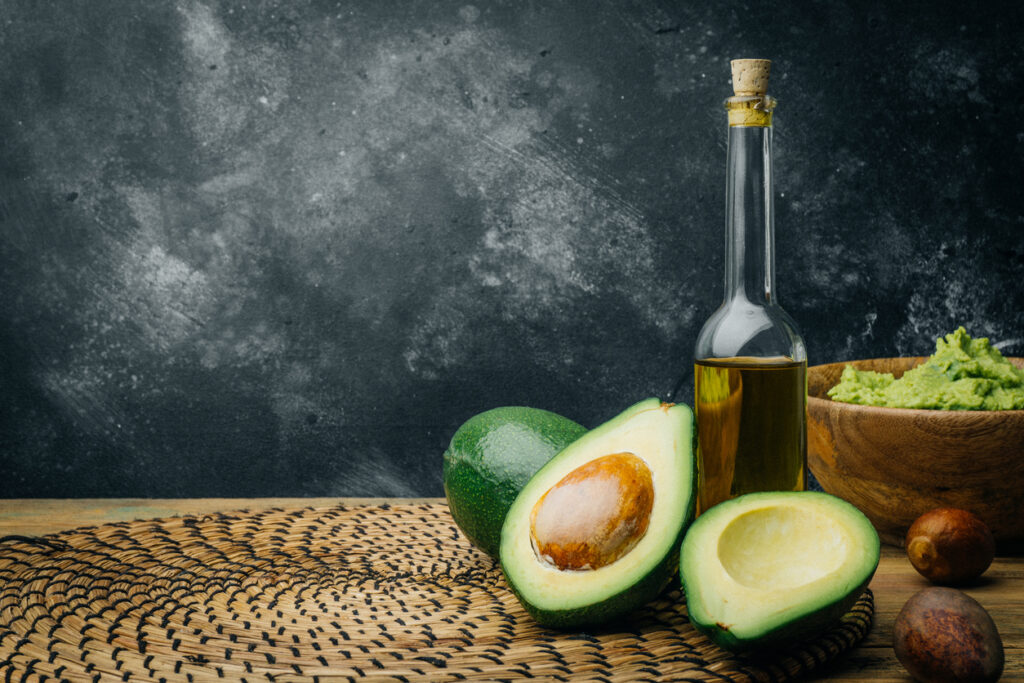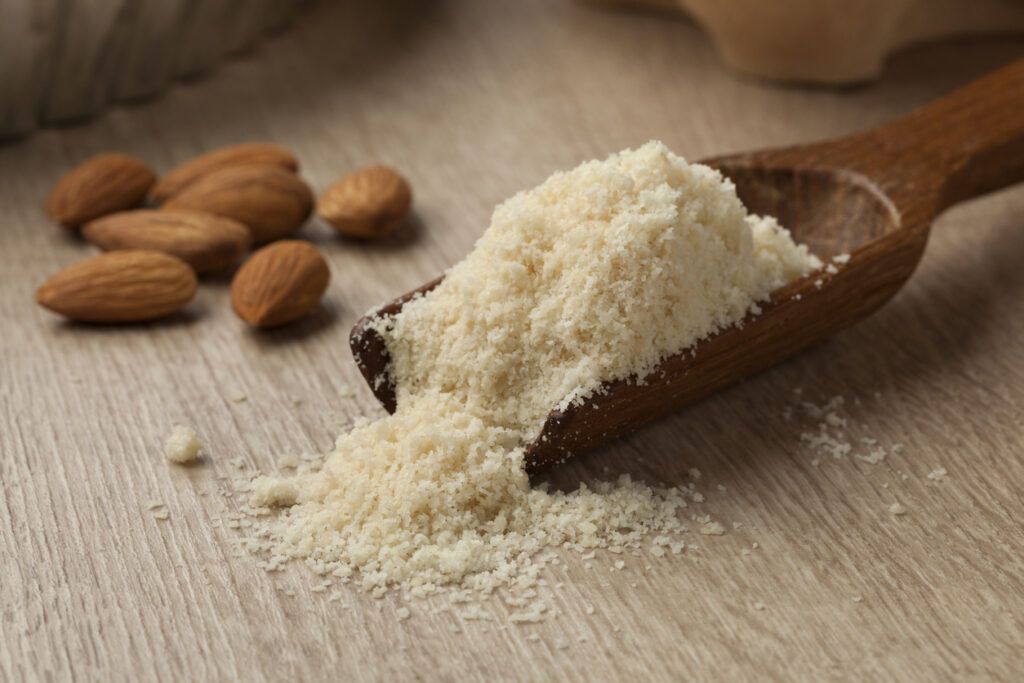Some Surprising Healthy Food Swaps
I agree that the prospect of living a healthier lifestyle has overwhelmed people. I’m going to get it for you if you’re new to this! You see people on social media, blogs, and television moaning about all the things they’re doing about their food, skin care, and household items, and you’re like, “Where do I begin?” Is it really worth it? When you’re tired, it’s easy to give up before you’ve even started. Making a commitment to try to adopt healthier lifestyle choices can be difficult, particularly when we begin to think of certain foods and other things as “evil.” As soon as this happens, we start to worry that we won’t be able to enjoy our favorite stuff while still being healthy.
I’m not here to tell you which foods are “evil” for you or which foods you can exclude from your diet. That’s not my style, to be sure. And this isn’t even close to being realistic! Around here, we’re all about fitness and moderation, and I’m here to help you figure out how to incorporate more nutrient-dense foods into your current routine when it makes sense.
Use avocado oil, olive oil or coconut oil instead of canola oil

While canola oil is often regarded as a healthier alternative to other vegetable oils (and it is!), you have other choices. You should definitely give them a try! Avocado oil, olive oil, and coconut oil are some of my favorites.
Use unrefined honey, maple syrup or coconut sugar instead of refined sugar
Let’s talk about sugar now that you know some of the oil substitutions you can make when cooking. Coconut sugar, honey, and maple syrup are my go-to white sugar substitutes. Coconut sugar is a raw sugar made from the sap of the coconut palm. However, it is not the same as palm sugar! Coconut sugar helps to conserve minerals, iron, zinc, calcium, and potassium, which are found in the coconut palm. It also contains inulin, a fiber that can help to slow glucose absorption. Natural sweeteners such as honey and (real) maple syrup are also healthier alternatives to refined table sugar. Plus, they’re tasty—and you may find yourself incorporating them into recipes!
Use almond or oat flour instead of white flour

You may be overly reliant on white flour in the kitchen, especially in your cooking endeavors! Or maybe you might figure out that if you’re baking homemade treats to eat, you can admit that they don’t add much to your diet. That doesn’t have to be the case! There are a variety of substitutions you can make in your baking routine, starting with flour. My preferred nutrient-dense alternatives to white flour are almond flour and oat flour. Magnesium, omega-3 unsaturated fat, plant protein, and the antioxidant vitamin E are all included in almond flour. It has the ability to improve insulin resistance while also lowering blood pressure and bad cholesterol.


